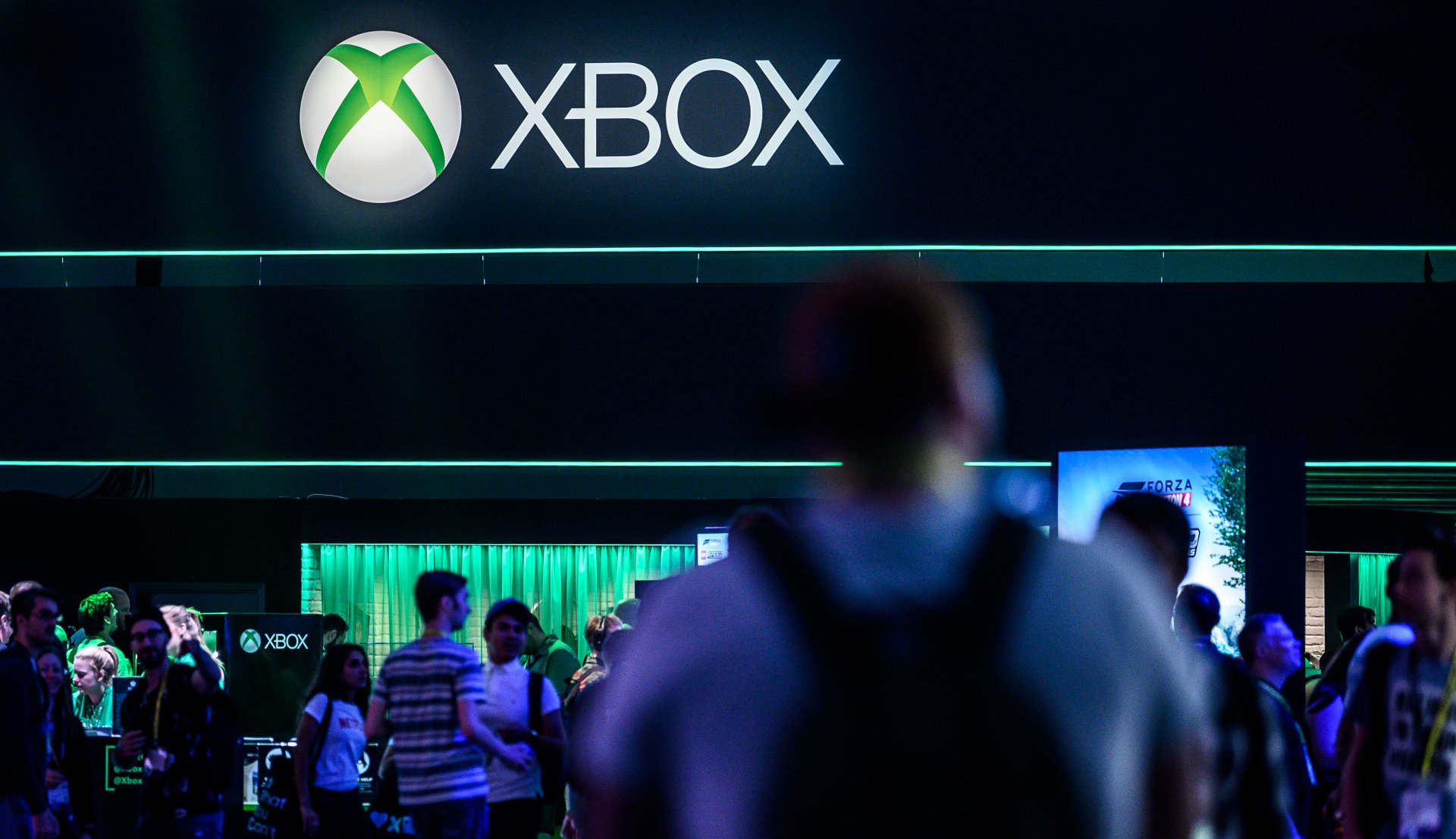
The U.K.’s Competition and Markets Authority (CMA) have today announced an investigation into Microsoft’s proposed £50.5 billion ($69 billion) acquisition of Activision Blizzard.
The CMA have said they’re launching their probe to “consider whether the deal could harm competition and lead to worse outcomes for consumers”, in the event Microsoft are able to acquire the gaming company behind Call of Duty and Candy Crush.
The deal was first announced in January and was by far the largest acquisition deal in videogaming history, with a price tag that was even just a little short of the amount Disney paid when it bought the assets of 21st Century Fox for just over $73bn.
Microsoft’s acquisition, were it approved by regulators, would make it the third-largest gaming firm in the world by revenue, and has also been described as helping the tech giant “play a key role in the development of metaverse platforms,” according to its Chief Exec., Satya Nadella.

However, the CMA have consequently said they will now be looking at whether such a deal could create “a substantial lessening of competition” in the United Kingdom.
The news was first reported by CNBC, who emphasised this was “one of the first probes by a major antitrust enforcer” into the proposed deal.
Responding to the investigation, Microsoft’s Corporate Vice President and General Counsel, Liz Tanzi, said further investigation into the deal wasn’t a surprise but that the maker of Xbox is confident the deal will go through.
“We have been clear about how we plan to run our gaming business and why we believe the deal will benefit gamers, developers, and the industry,” she said in a statement.

Microsoft’s launch of the Xbox Series X in London
“We’re committed to answering questions from regulators and ultimately believe a thorough review will help the deal close with broad confidence, and that it will be positive for competition.”
The CMA will now investigate the acquisition further, with feedback from interested parties, until 20 July and will decide by 1 September whether to expand its investigation.
Microsoft have said they are confident the deal will still be complete in its 2023 fiscal year, as expected.
